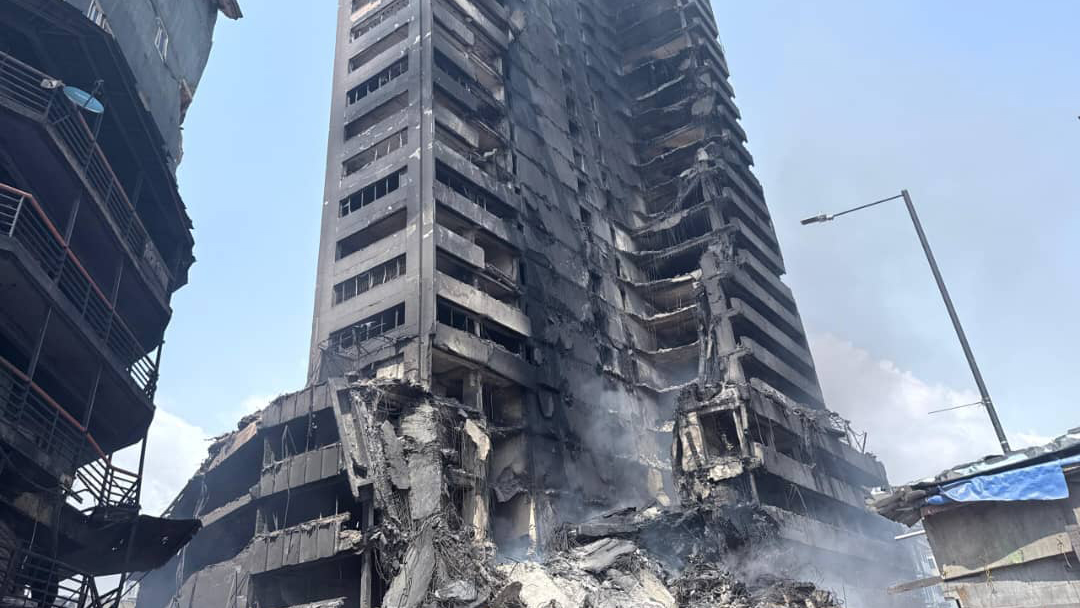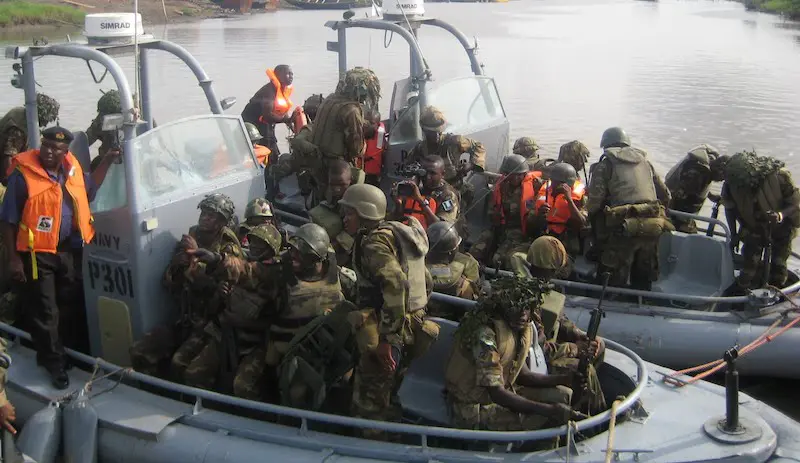The United Nations Children’s Fund, in collaboration with the Bauchi State Government, has deployed the Fathers-4-Good Health and Mama-2-Mama groups of community mobilisers to target children with zero doses for integrated vaccination in hard-to-reach rural and urban areas.
Measles and Rubella affect children under five years, especially the unvaccinated, who are most at risk, in addition to pregnant women, people with weakened immune systems, the elderly and malnourished individuals.
The ongoing national campaign against Measles-Rubella is intended to run for ten days across the primary healthcare facilities and outposts.
It was observed in Azare, Katagum Local Government Area of Bauchi, that parents trooped out with their children to get vaccinated across different wards.
The exercise included an integrated vaccination on routine immunisation (0–23 months), Measles-Rubella (9 months–14 years), Polio (0–59 months), HPV (girls 9 years), Neglected Tropical Diseases (NTDs) and Malaria (SMC).
One of the Fathers-4-Good Health team, a volunteer group championing women and children’s welfare, Auwalu Mohammad, observed that residents of the area were easily convinced about the vaccine due to the rising cases of measles that had killed some children.
According to him, “Many of them are afraid of Anthrax and other dangerous diseases that have affected the children; they quickly submitted the children for the integrated vaccination.”
Also, a Polio Social Behaviour Change Manager for outbreak countries at UNICEF Headquarters, Panchanan Achari, commended the activities of the men and women mobilisation structures in the rural communities, working for the welfare of children and women.
According to him, the turnout showed the readiness of the country to vaccinate 106 million children.
“I’m really impressed by the mobilisation efforts by the community structure – Fathers-4-Good Health and Mama-2-Mama and others. They are doing a fantastic job here,” he said.
He added that, basically, the Government of Nigeria has decided on a ten-day vaccination campaign plus a two-day mop-up.
“If we are able to vaccinate the number within ten days, it’s okay. If we are not, there will be two days’ mop-up to vaccinate the remaining children. No child will be left unvaccinated,” he said.
Earlier, UNICEF, in a goodwill message during the flag-off ceremony of the campaign, Panchanan Achari explained that the campaign came at a critical time.
He said that Bauchi State has recorded cases of circulating variant poliovirus type 2 (cVPV2) in 2024, in five local councils—an urgent call to action.
“Measles coverage also remains low, leaving many children vulnerable. The integration of Measles-Rubella and polio vaccines presents a timely opportunity to reach zero-dose children, address non-compliance and strengthen community trust in immunisation.”
He noted three strategic priorities for the campaign, which are to ensure full vaccination coverage for all eligible children—including those in secure and insecure settlements, international border communities and nomadic populations—and to mobilise trusted community structures to drive awareness and caregiver engagement, and strengthen data-driven accountability.






